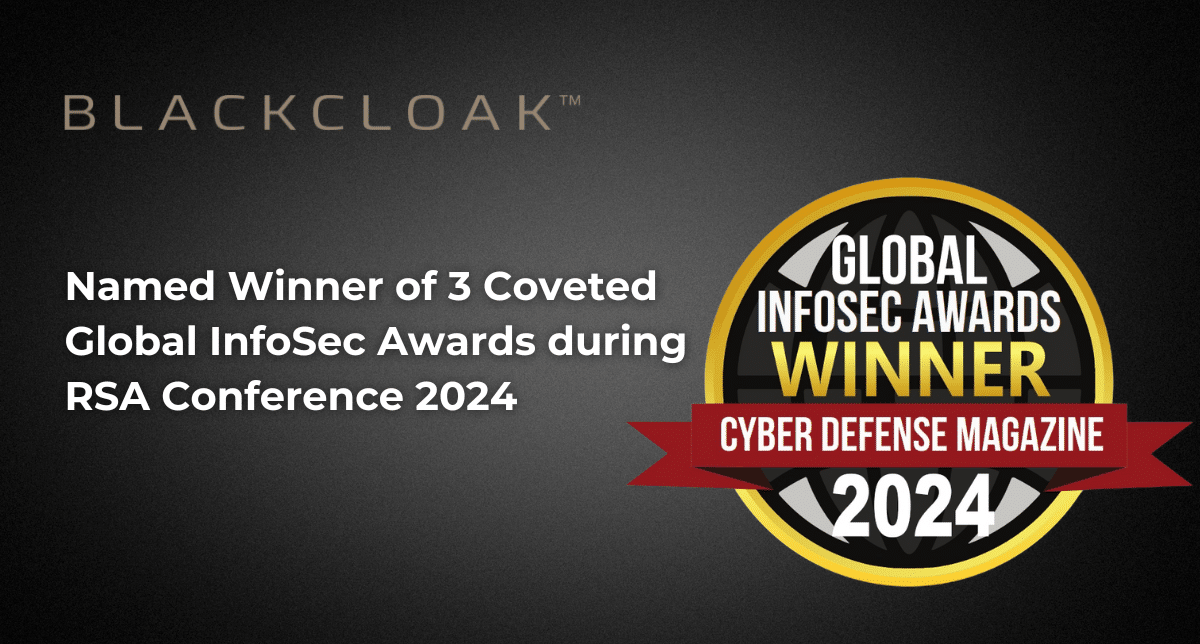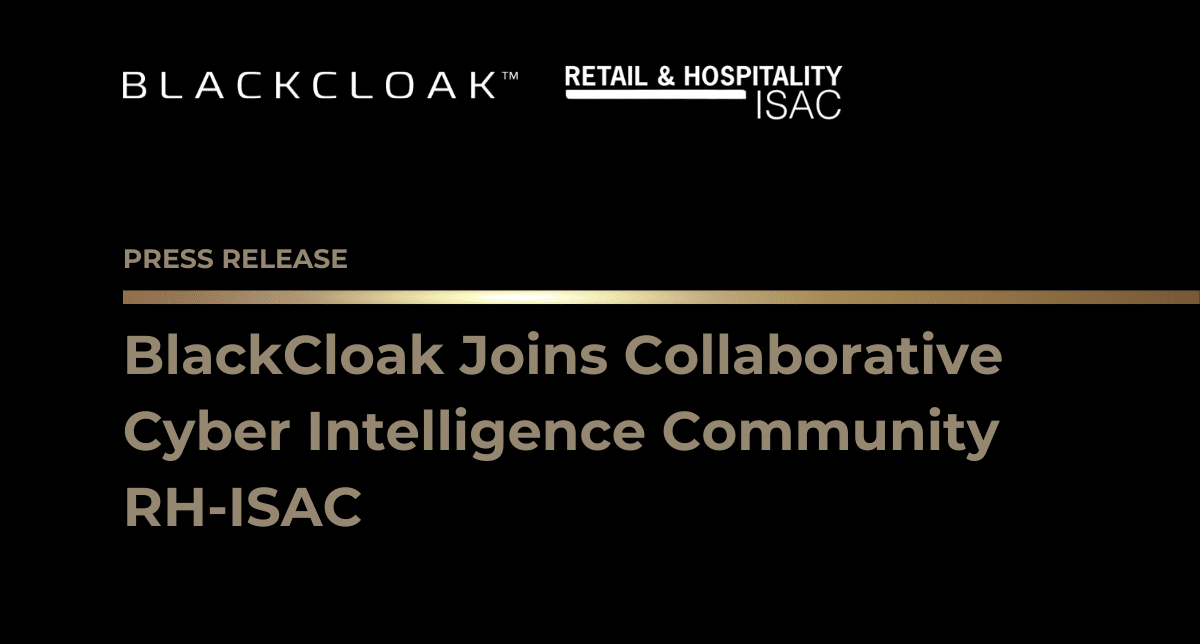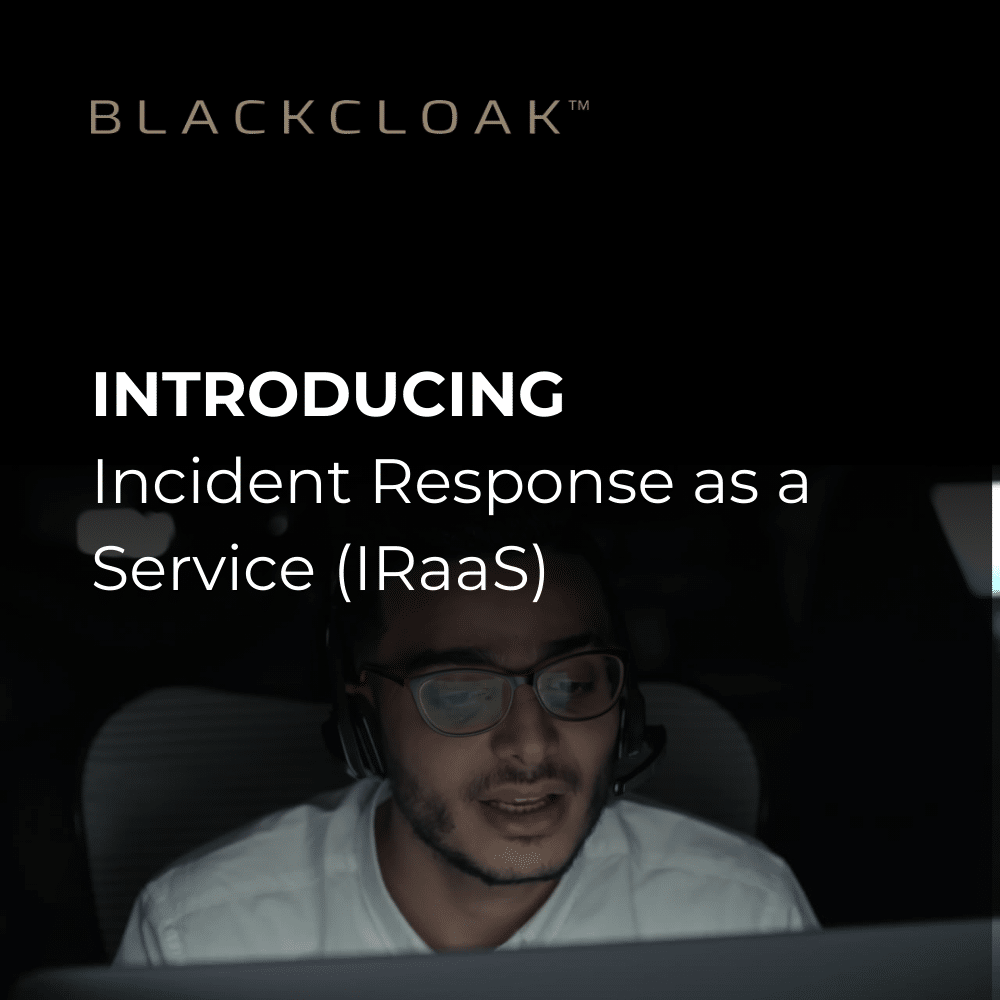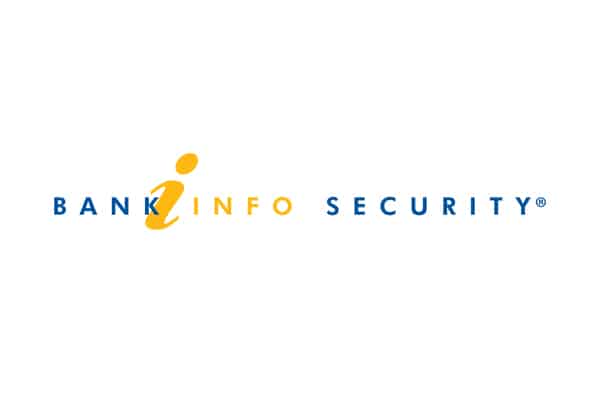BlackCloak Named Winner of Three Coveted Global InfoSec Awards during RSA Conference 2024
BlackCloak Wins Visionary Cybersecurity Startup, Trailblazer in Digital Executive Protection, and Hot Company Cybersecurity CEO for Chris Pierson during the 12th Annual Global InfoSec Awards at #RSAC 2024
SAN FRANCISCO, CA – MAY 6, 2024 – BlackCloak, the pioneer in Digital Executive Protection and Concierge Cybersecurity & Privacy™ for high-net-worth individuals, family offices, and corporate executives, proudly announces it has won the following awards from Cyber Defense Magazine (CDM), the industry’s leading electronic information security magazine:
- Visionary Cybersecurity Startup
- Trailblazer in Digital Executive Protection
- Hot Company Cybersecurity CEO for Dr. Chris Pierson
“It’s an honor to be recognized by Cyber Defense Magazine with not just one, but three Global InfoSec Awards. This is a testament to the BlackCloak team’s commitment to excellence in protecting the digital lives of executives, high-net-worth individuals, and their families,” said Dr. Chris Pierson, CEO and Founder of BlackCloak. “Our mission is to provide peace of mind in an era where cyber threats are ever-evolving, and this recognition fuels our drive to innovate and enhance our protective measures. We remain dedicated to delivering the highest standard of privacy and security for those at the forefront of their industries.”
At the heart of BlackCloak’s success is its cutting-edge Digital Executive Protection and Concierge Cybersecurity & Privacy™ Platform. Designed to shield corporate executives and high-profile individuals from ever-evolving cybersecurity threats, BlackCloak offers a comprehensive suite of solutions that cater to the unique security and privacy needs of its members.
BlackCloak Delivers:
- Personalized Cybersecurity: Tailored to the individual needs of each member, ensuring their digital life is fortified against cyber threats.
- Privacy Assurance: Vigilant protection of personal information, safeguarding members from identity theft and financial fraud.
- Reputational Defense: Proactive measures to prevent damaging cyber attacks that could tarnish a member’s public image.
- Family Protection: Extending security beyond the executive or high-profile individual to cover their family members, creating a secure digital environment at home.
“We scoured the globe looking for cybersecurity innovators that could make a huge difference and potentially help turn the tide against the exponential growth in cyber-crime. BlackCloak is absolutely worthy of these coveted awards and consideration for deployment in your environment,” said Yan Ross, Global Editor of Cyber Defense Magazine.
BlackCloak thrilled to be a member on this coveted group of winners: http://www.cyberdefenseawards.com/
About BlackCloak
BlackCloak protects corporate executives and high-profile individuals from cybersecurity, privacy, financial, and other reputational risks. Used by Fortune 500 companies across all industries, the BlackCloak Concierge Cybersecurity & Privacy™ Platform is a holistic solution including mobile and desktop apps as well as concierge support. Executives and high-profile individuals get peace of mind knowing their family, reputation, and finances are secured. Companies rest assured that their brand, intellectual property, data, and finances are protected against threats coming through executives without having to invade their personal lives. Learn more at www.blackcloak.io, and follow them on LinkedIn and Twitter.
BlackCloak Media Contact:
Mike Sias
About CDM InfoSec Awards
This is Cyber Defense Magazine’s twelfth year of honoring InfoSec innovators from around the Globe. Our submission requirements are for any startup, early stage, later stage, or public companies in the INFORMATION SECURITY (INFOSEC) space who believe they have a unique and compelling value proposition for their product or service. Learn more at www.cyberdefenseawards.com
About The Judging
The judges are CISSP, FMDHS, CEH, certified security professionals who voted based on their independent review of the company submitted materials on the website of each submission including but not limited to data sheets, white papers, product literature and other market variables. CDM has a flexible philosophy to find more innovative players with new and unique technologies, than the one with the most customers or money in the bank. CDM is always asking “What’s Next?” so we are looking for best of breed, next generation InfoSec solutions.
About Cyber Defense Magazine
Cyber Defense Magazine is the premier source of cyber security news and information for InfoSec professions in business and government. We are managed and published by and for ethical, honest, passionate information security professionals. Our mission is to share cutting-edge knowledge, real-world stories and awards on the best ideas, products, and services in the information technology industry. We deliver electronic magazines every month online for free, and special editions exclusively for the RSA Conferences. CDM is a proud member of the Cyber Defense Media Group. Learn more about us at https://www.cyberdefensemagazine.com and visit https://www.cyberdefensetv.com and https://www.cyberdefenseradio.com to see and hear some of the most informative interviews of many of these winning company executives. Join a webinar at https://www.cyberdefensewebinars.com and realize that infosec knowledge is power.
CDM Media Inquiries:
Contact: Irene Noser, Marketing Executive
Email: [email protected]
Toll Free (USA): 1-833-844-9468
International: 1-646-586-9545
Website: www.cyberdefensemagazine.com


















